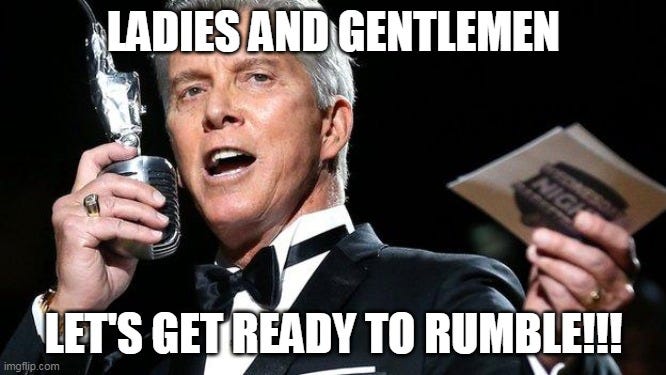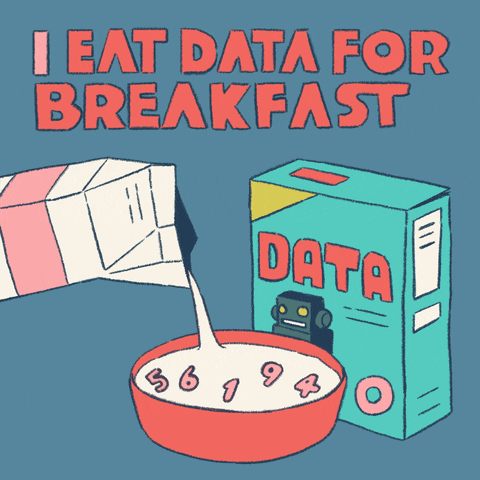Issue 014 - Meet Sarah Om
Without strong communication and storytelling, even the best analyses may go unused.
Meet Sarah Om, a passionate and innovative Analytics Manager at Upstart. With a strong foundation in mathematics and problem-solving, Sarah’s career in data has been defined by her ability to uncover impactful insights and drive meaningful outcomes.
From advocating for robust data infrastructure to balancing technical expertise with creative problem-solving, Sarah combines analytical precision with a collaborative approach.
Can you share a pivotal moment in your career that significantly shaped your approach to data?
A pivotal moment in my career was when I joined a team that lacked strong data foundations, which severely hindered analytics’ ability to drive the business forward. Initially, the issue wasn’t apparent to leadership, and communicating the long-term impact of weak data infrastructure required strategic alignment and persistence.
This experience taught me the importance of advocating for foundational data engineering early on. Strong cross-functional partnerships and leadership alignment around robust data systems are critical for scalable and impactful analytics.
If you have a recommendation for who we should be speaking to, or who you would like to see in this interview series, reply with their names, data specialty, and how we can reach them (LinkedIn, Email, Phone, X Handle)
What do you love outside of data?
I love to cook, sing, and practice yoga! These activities bring me joy and help me unwind, keeping me balanced and refreshed.
What are some key skills that are often overlooked in your field of data?
Soft skills are often overlooked but are vital in the data field. The most effective analysts aren’t just technically proficient, they excel at communicating insights clearly, advocating for ideas, and engaging stakeholders.
Without strong communication and storytelling, even the best analyses may go unused. Translating data-driven insights into meaningful actions requires clear, accessible messaging and collaboration.
How do you balance the technical aspects of your role with the need for creative problem-solving?
Technical expertise and creative problem-solving complement each other. A solid technical foundation expands the range of tools and methods available, allowing for more innovative and effective solutions.
By continuously developing my technical skills, I can experiment with advanced techniques and unconventional methods. This ensures that my solutions are not only technically sound but also creatively tailored to the specific challenges at hand.
Love what you're reading? Share your thoughts to help new readers discover Behind The Data. Your words mean a lot.
What inspired you to pursue a career in data, and how has your motivation evolved over time?
I’ve always had a passion for mathematics and problem-solving, which naturally led me to data. Early on, I was inspired by how data could transform abstract numbers into actionable insights.
Over time, my motivation evolved as I realized how versatile data is. It allows me to work across industries and solve unique challenges. Today, I’m driven by the impact and adaptability that data provides, empowering innovation and creating value in diverse contexts.
What role does mentorship play in your career, and how have mentors influenced your journey?
While I haven’t had formal mentors, I’ve been fortunate to have amazing friends and allies who’ve significantly shaped my confidence and approach in the data field. Their support has been especially meaningful as a woman navigating spaces where representation is limited, such as at tech conferences.
These relationships have inspired me to pay it forward by mentoring others and advocating for increased representation and opportunities in the data community.
What resources (books, courses, tools) do you recommend for people to level up their skills?
It depends on what you’re looking to learn! Here are my recommendations:
Data visualization and storytelling: Better Data Visualizations: A Guide for Scholars, Researchers, and Wonks by Jonathan Schwabish
Time series analysis: Forecasting: Principles and Practice by Rob J. Hyndman and George Athanasopoulos
Experimentation: Trustworthy Online Controlled Experiments by Ron Kohavi
Business Thinking: Working Backwards by Colin Bryar and Bill Carr
Soft/people skills: How to Win Friends & Influence People by Dale Carnegie
Hiring and leadership: Multipliers by Liz Wiseman
Key Takeaways
Passion Meets Purpose: Sarah’s love for mathematics and problem-solving naturally led her to a career in data, where she thrives on using insights to create impact across industries.
The Power of Soft Skills: Strong communication, storytelling, and stakeholder engagement are central to Sarah’s approach, ensuring data insights translate into real-world value.
Advocating for Data Foundations: Sarah emphasizes the importance of robust data infrastructure and cross-functional collaboration to empower analytics teams and enable scalable insights.
Mentorship and Representation: Inspired by allies in the field, Sarah is committed to fostering a strong community, mentoring others, and advocating for increased representation in data.
Creativity in Analytics: By blending technical expertise with creative problem-solving, Sarah tackles challenges with innovative, tailored solutions.
Bit of this | Bit of that
Did you miss our webinar, "From Zero to Hero: Building Real Experience Through Winning Hackathons," or want to rewatch it? The recording is now available!
👉 Watch it here: Behind The Data Webinars
Register for the upcoming Webinar
How to Tell Stories with Data – Jan 25th featuring Moyosore Omotesho, Process Engineer at Sterling Bank, known for his expertise in optimizing workflows and using data to drive efficiency and insights.
ICYMI: Catch Up on Previous Issues
Best,
Ayoade Adegbite
Founder, Behind the Data












